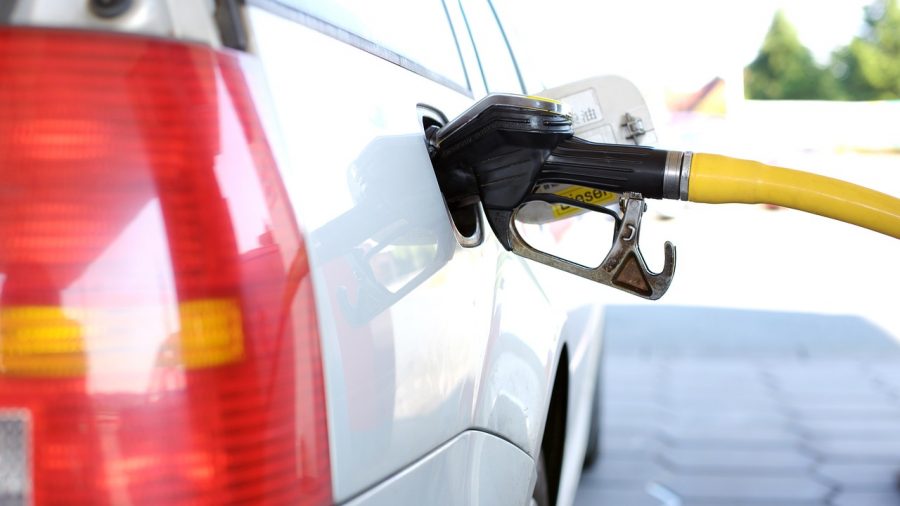Most of us have inconveniently run out of fuel at least once. This is not so bad if you have roadside assistance close at hand. But why do we run out? One study says we may just be over reliant on the fuel gauge. However, a lot more depends on how and where we drive and there are simple ways to make fuel last longer.
Who runs out of fuel?
The NRMA rescues about 12,500 people who have run out of fuel, which is less than 2% of all callouts per year. In the US, the AAA responds to about 488,000 callouts each year for fuel. This is even though US and Australia are well supplied with service stations, except in remote areas.
Do drivers rely too heavily on the display showing how many more kilometres the car can run before needing fuel?
Do fuel gauges work?
An American study suggests fuel gauges work pretty well in practice, showing only 2.3% errors compared to lab tests. The main contributors to error were type of driving (including speed, acceleration and distance) and whether the car was driven in the city or on the highway.
The study found:
- Most variability is based on individual factors
- Changes in speed and acceleration affect range estimates, eg driving uphill and then down again
- Range estimates are affected by the most recent driving conditions, for example, just came off the highway into the city
- Errors vary a lot over short distances even when accurate over longer distances.
The simple answer is not to rely on the gauge too much.
It’s recommended to fill up when you have a quarter of a tank left. This means you have enough for unexpected delays and it helps prevent fuel pump damage from running the tank down to empty.
Ways to save fuel
It’s possible to reduce your fuel bills by about 10% just by driving economically. What do we mean by economical driving?
- Focus on gentle acceleration and avoid braking unnecessarily
- Slow down. Driving at 110 kph uses up to 9% more fuel than at 95 kph and up to 15% more fuel than at 80 kph
- Minimise use of air conditioning by, eg, parking in shade or using a windscreen sunshield to lessen heat build-up
- Inflate tyres to the pressure recommended in the car or drivers manual
- Carry the minimum of cargo.
Did you know you probably spend more on tolls than fuel?
You can also use our calculator to find the lowest fuel prices nearest to you.


your opinion matters: